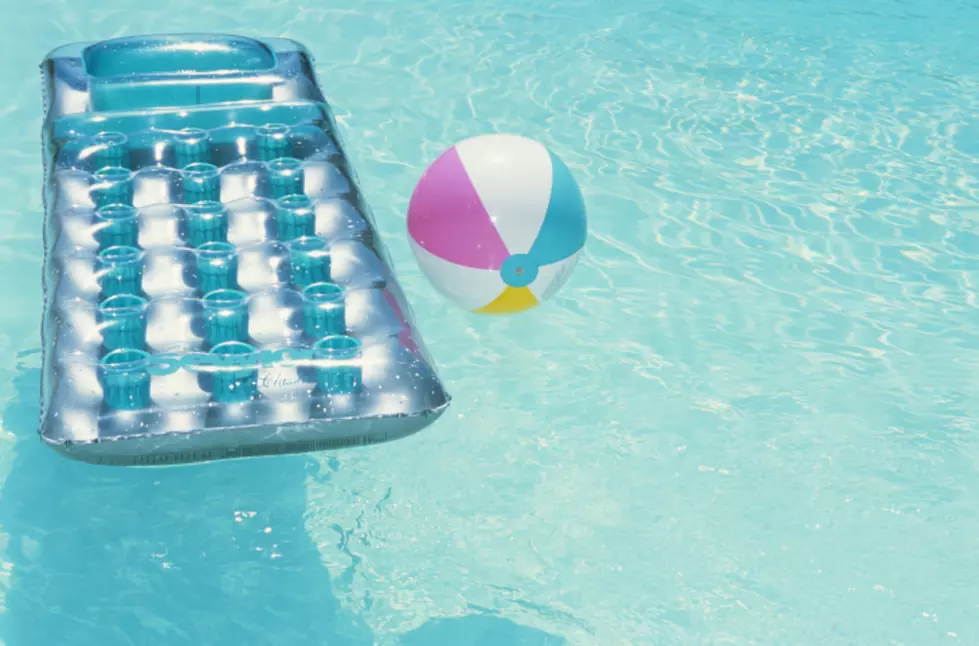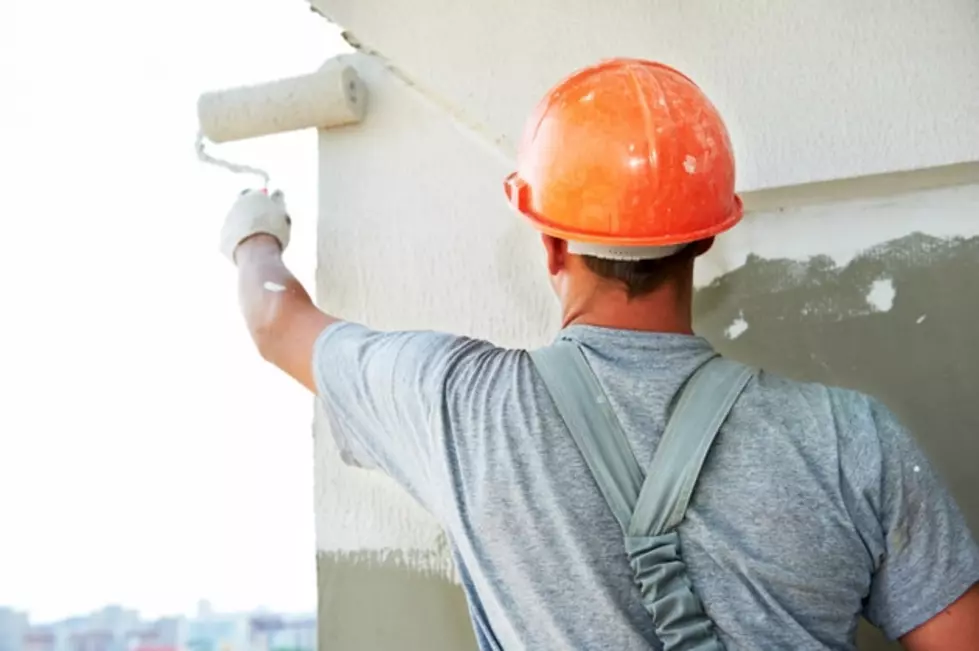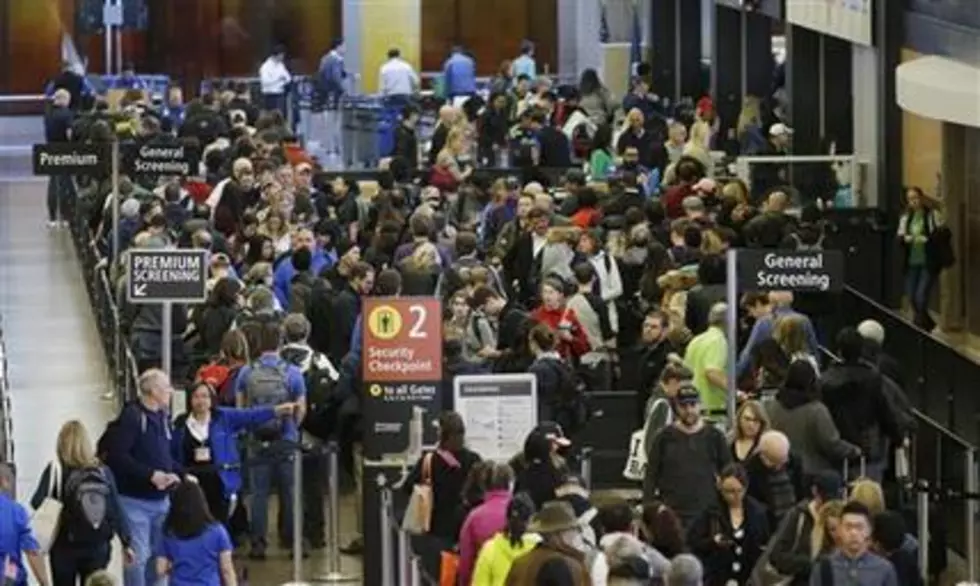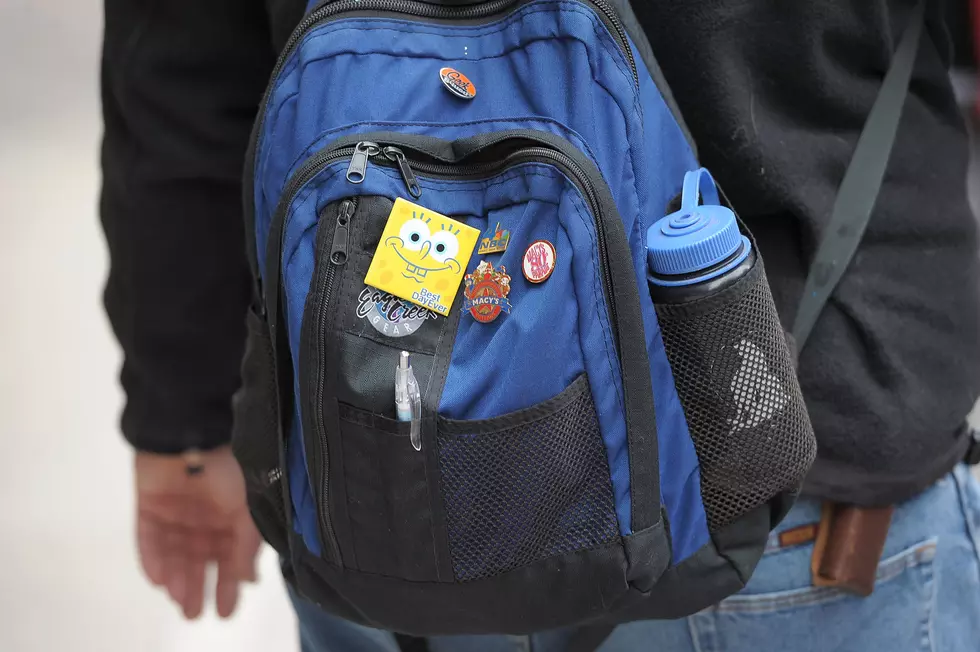![New Jersey Swimmers Warned To Be Careful In Rivers [AUDIO]](http://townsquare.media/site/385/files/2012/08/River.jpg?w=980&q=75)
New Jersey Swimmers Warned To Be Careful In Rivers [AUDIO]
We've heard a number of tragic stories about people drowning down the Jersey Shore this summer, but the ocean isn't the only place that presents a danger to swimmers.
American Red Cross Health and Safety Services Manager Kathleen Pearson says, "Lakes and rivers definitely have their own hazards - oceans are one thing, lakes and rivers are totally something else. There are so many hazards that you can face, so swimmers should keep several things in mind. The first important thing is to swim only in a supervised area - that would be a lake or a river- you want to make sure a trained lifeguard is there at all times."
She says, "You want to select an area that is clean and well-maintained because if somebody maintains an area then they're really concerned about somebody's health and safety…And just like the ocean, rivers have currents and people can get caught up in a current in a river just as fast as they can in the ocean…River currents are different from ocean currents because you can't see them as much - most of them are under the water so they're not visible until you're caught up in one."
Pearson also points out, "There are other potential dangers, as well. If the water quality isn't good, you could definitely have unsafe conditions. Murky water normally has hidden underwater objects, unexpected drop-offs, plant life that you can get caught in, there might be some kind of pollution there."
She adds, "We also have a lot of injuries in rivers because of head-first entries. You never know what's under the water surface, so we always recommend whenever going into a lake or river you always enter the river feet first - and never do it head first."
Pearson also says if you're not in a supervised area, "Please never swim alone, and if you're not a prime swimmer or if there are any currents or rips that you have to worry about, you want to wear some kind of a life jacket when you went into the river...People may think, I'm a great swimmer, I can go in and help somebody who might be in trouble, but we need to be very careful with that because if you're not a trained individual to make rescues in a river, you're dealing with a potentially dangerous situation…So if somebody needs help, your best case scenario is to dial 911 first - to get more help on the way to help you."
She stresses, "Safety tips can always be reviewed at www.redcross.org."
More From New Jersey 101.5 FM









